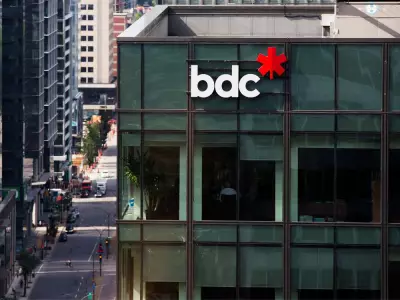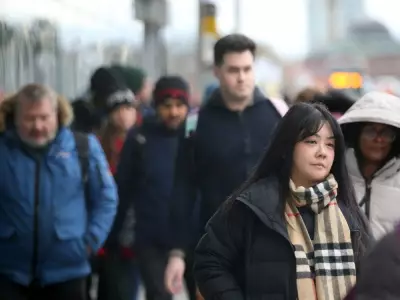
The ambitious extension of Vancouver's Millennium Line SkyTrain along the Broadway corridor has become a nightmare for local business owners, with many facing financial ruin as construction drags on far longer than anticipated.
The Empty Corridor
What was once one of Vancouver's most vibrant commercial districts now resembles a ghost town. Storefronts sit vacant, 'For Lease' signs dominate windows, and the few remaining businesses struggle with dramatically reduced foot traffic. The constant construction barriers, dust, and noise have driven customers away in droves.
'We're barely hanging on,' says one business owner who requested anonymity. 'The construction has been going on for years, and each month we lose more money. Many of my neighbors have already closed.'
Construction Timeline Woes
The Broadway Subway Project, which will extend the SkyTrain from VCC-Clark Station to Arbutus Street, was initially celebrated as a major infrastructure improvement. However, the reality on the ground tells a different story:
- Multiple construction phases creating perpetual disruption
- Pedestrian access challenges deterring potential customers
- Parking and loading zone eliminations affecting deliveries
- Extended timelines exceeding original projections
Financial Devastation Mounts
Business owners report revenue losses of 50-80% since construction began. Many have exhausted their savings and business loans trying to survive the construction period. The situation has become so dire that some are considering bankruptcy as their only option.
The human cost extends beyond financial numbers, with business owners reporting stress-related health issues and broken dreams after investing their life savings into their enterprises.
Government Response Falls Short
While some government assistance programs exist, business owners describe them as inadequate for the scale of the crisis. The gap between promised support and actual relief has left many feeling abandoned by the very governments that approved the project.
As one restaurateur noted: 'They're building transit for future generations, but they're destroying the businesses that serve those generations today.'
Uncertain Future
The big question remains: when construction finally concludes in 2026, will there be any local businesses left to benefit from the improved transit access? Or will the Broadway corridor be dominated by chain stores that can weather the financial storm?
The situation serves as a cautionary tale for cities undertaking major infrastructure projects without adequate support systems for affected small businesses.





